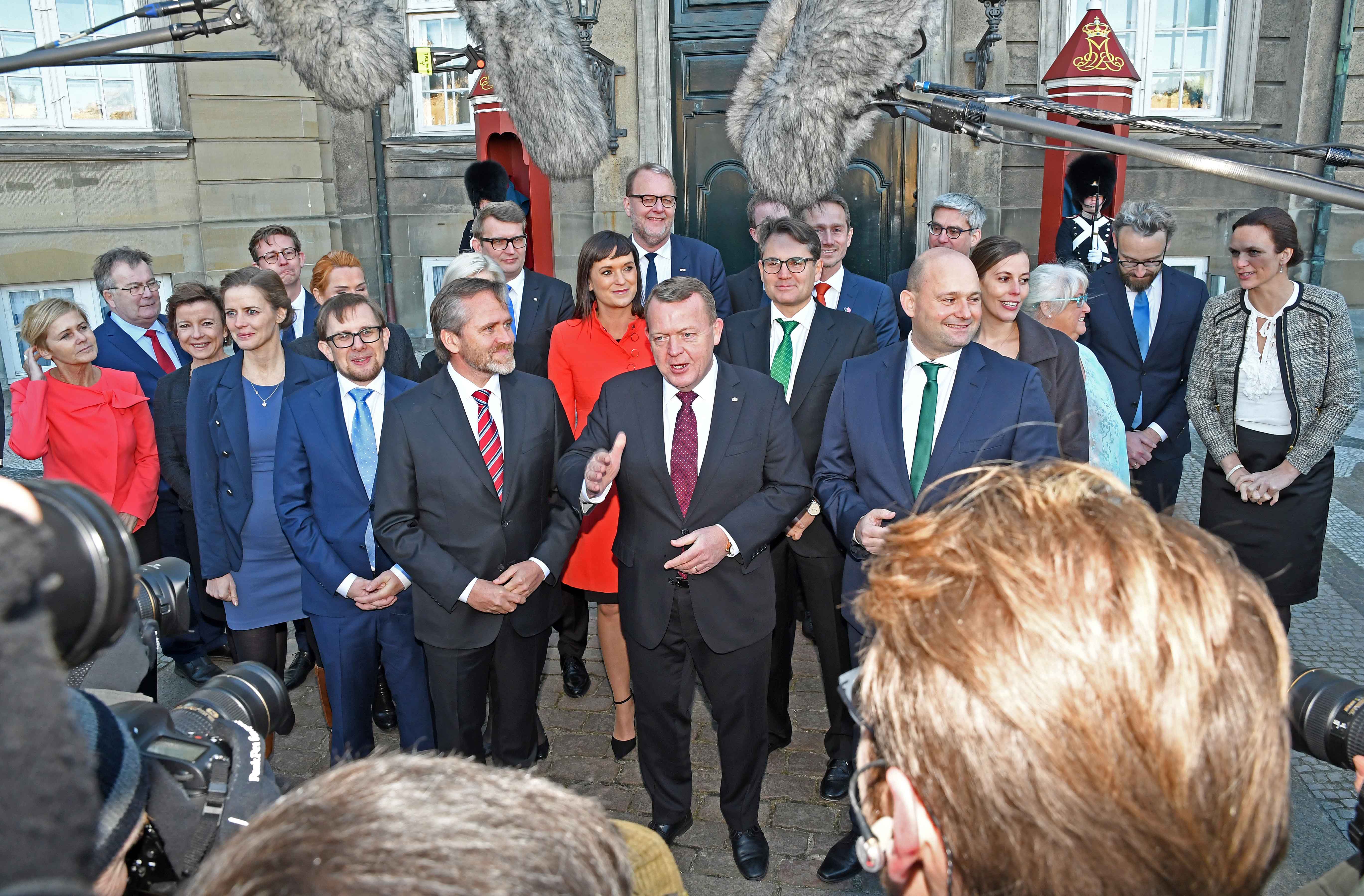On November 28, Denmark’s new tri-party government of Venstre (V), Liberal Alliance (LA) and Konservative (K) unveiled its manifesto ‘For a Freer, Richer and Safer Denmark’.
In my opinion, ‘freer’ doesn’t apply to internationals. Among other things, the government intends to implement “a balanced and realistic immigration policy”. Now the question is where to find the balance and the realism.
Rhetorical reality
As an expat, the rhetoric about internationals sometimes makes me wonder what I am doing in this country – it’s harsh and at times even hostile.
The following statements are standard comments these days: it’s a privilege to be allowed to reside permanently in Denmark; if you want to obtain permanent residency, then you need to contribute to society; residency is not something that is ‘handed out’ to just anybody; and Denmark has to remain a country for those who are able and willing.
Imbalanced politics
It may be a ‘privilege’ to reside here, but the privilege is also Denmark’s when highly-skilled internationals decide to come here to live, work and contribute to society. The reality is that Denmark is in need of talented foreign labour – and will be even more so in the future.
Some argue we need a national talent strategy for attracting international employees – and I agree – but on the other hand we continue to see tighter regulations.
Regulatory reality
First the rules were tightened in January 2016. Then in August 2016, no less than 44 changes were presented to tighten the regulations on immigration policy.
And now the government’s new manifesto indicates that regulations for obtaining a permanent residence permit will be tightened even further, as will the conditions for obtaining Danish citizenship.
The regulations have been tightened and changed on such a frequent basis and, on top of that, retroactively. It is confusing and virtually impossible to keep up with it all.
Restricted, poorer
If Denmark continues on this imbalanced path, the government can strike the word ‘richer’ into the manifesto. Surveys continually prove that skilled international employees contribute to Denmark’s economy and businesses’ potential for further growth and innovation.
However, the unwelcoming attitude towards foreigners could be a deal-breaker, when a talented employee gets to choose between Denmark and a more welcoming country.
In reality, I’d just like to feel welcome in the country I have contributed to for the past 19 years.













